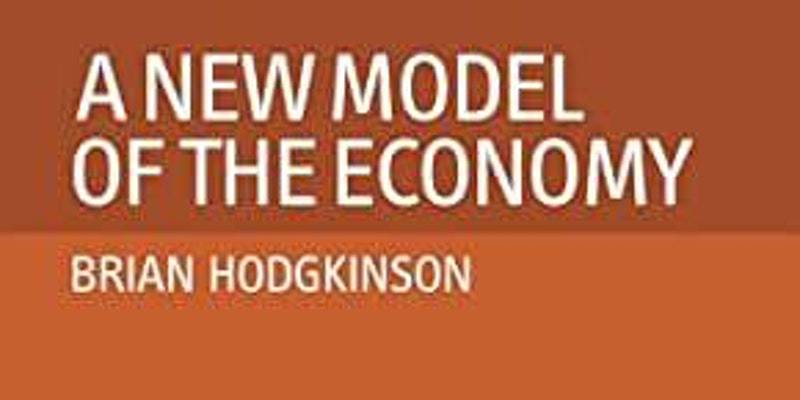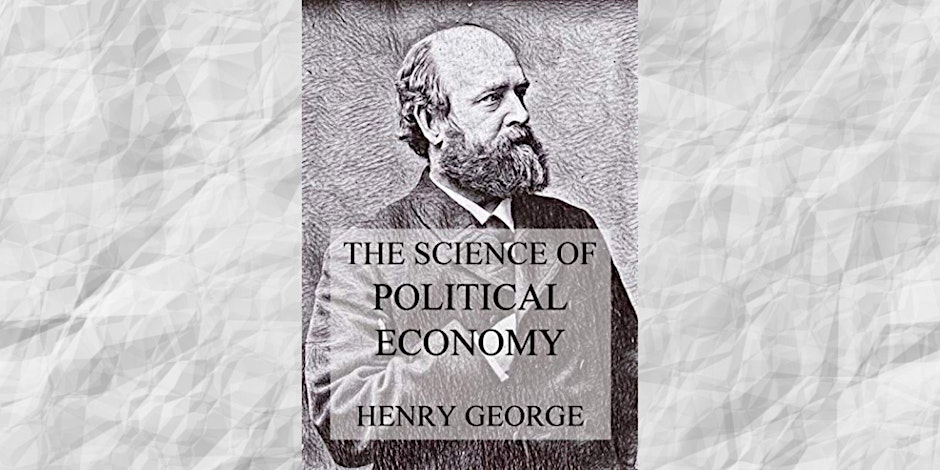REALITY ECONOMICS – REINTRODUCING LAND AND MONEY TO THE ANALYSIS
What happens in economic analysis when land and money are (re)introduced in the theoretical framework?
This 3-part course comprises 5 classes each and covers the entirety of Brian Hodgkinson’s book – A New Model of the Economy. The course offers a radical revision of modern economic theory; one that is based upon natural law, exhibiting economic security for all and a fair distribution of output among the three factors of production. The course also re-introduces concepts that have been left out by mainstream economic thought – fundamentally the role played by LAND – i.e., all natural resources available on the earth. The significance of credit, especially through the banking system, and the crucial impact of methods of taxation are presented.
The instructor, Marty Rowland‘s training in economics began in his doctoral research in the management of the water management institutions of Tampa and Baton Rouge, where he replicated the research of Nobel economist Elinor Ostrom (2009) on communities that sustainably manage shared resources. He was mentored by institutionalist economist Daniel W. Bromley who challenged the idea that property relations among individuals necessarily apply to communities, saying that economic institutions are always in the process of becoming. Since 2010, Marty leveraged Ostrom’s and Bromley’s economic institutionalism, rising through HGSSS as student, to instructor, to Board Member, and directing research that may influence public policy toward the equitable distribution of wealth through Henry George’s policy of returning and recycling economic rent.
Dates: Wednesdays: 6/15, 6/22, 6/29, 7/06, 7/13; from 6:30PM to 8:00PM EDT
Note: This is an online event. Access information will be made available after registration.
A link to join the online course will be provided via email before the start of the first session.



